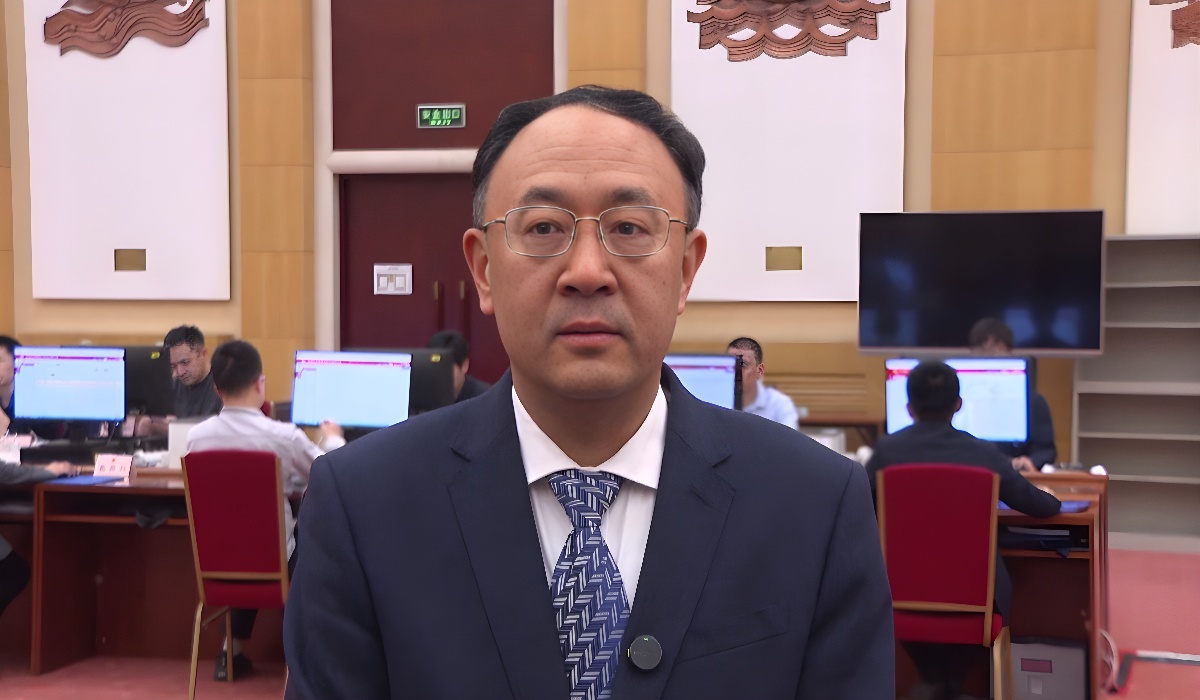Over 7,000 Bills Received: A Closer Look at China’s Legislative Second Session
- Kingston Bailey
- China
- D.O.C Supplements - Trending News
- East Asia
- March 11, 2024

As the second session of the 14th National People’s Congress (NPC) approaches its conclusion, China’s top legislature has found itself immersed in a legislative bonanza, with nearly 300 bills on the table. The focus is crystal clear – reinforcing high-quality development. With 292 of these bills aimed at drafting new laws or amendments, the legislative landscape is undergoing a significant transformation.
The bills reflect a concerted effort to propel China’s high-quality development push, with 81 bills concentrating on nurturing new, quality productive forces. Additionally, 177 bills align with legislative plans already outlined by the Standing Committee of the NPC, emphasizing a strategic and cohesive approach to governance.
Guo Zhenhua, Chairman of the Delegate Work Committee at the Standing Committee of the National People’s Congress, noted a slight increase in the number of bills compared to the previous year, attributing it to an enhancement in quality. Deputies, he stated, engaged in a whole-process people’s democracy, maintaining close ties with the people and actively soliciting their opinions through field research and various means. Over 70% of the bills were shaped through this consultative process, and more than half included draft legal texts, laying a robust foundation for future legislative participation by deputies.
Notably, over 7,000 suggestions were lodged by deputies during this legislative session, revealing a broad spectrum of concerns and priorities. Emerging and future industries took center stage, with calls for nurturing and supporting their growth. Digital governance and the acceleration of the digital economy were also high on the agenda, reflecting the nation’s commitment to technological advancement.
Optimizing the business environment and boosting effective investment emerged as crucial focal points, highlighting a strategic intent to foster economic growth. Other key areas of concern included revitalizing the seed industry, advancing the energy revolution, improving eldercare services, and creating a childbirth-friendly society, showcasing a comprehensive approach to societal well-being.
Feng Yilei, reporting from Beijing, highlighted the collaborative effort involving various government departments. Teams were formed, each focusing on specific sectors such as the economy, industry, transportation, agriculture, education, science, health, and legal affairs. The dedication of these teams throughout the week was evident as they deliberated on which specific departments would be tasked with addressing the received suggestions.
The NPC’s relevant special committees will now report to the Standing Committee, reviewing the outcomes of the bills put forward by deputies. This legislative bonanza signifies a dynamic and responsive approach to governance, ensuring that the voices of the people resonate through the corridors of power. As China continues its journey towards high-quality development, these legislative initiatives and the wealth of suggestions received underscore a commitment to inclusive and forward-thinking governance.








